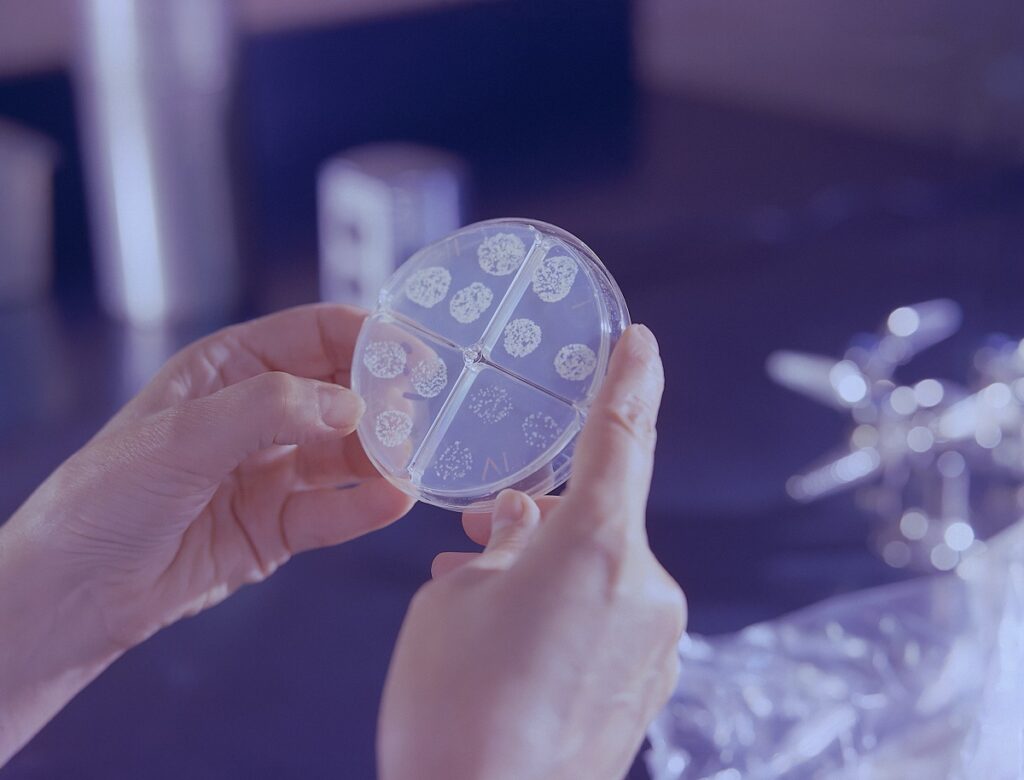Shionogi, a pharmaceutical company headquartered in Japan, announced a licensing agreement on Tuesday that would contribute to making its COVID-19 therapeutic candidate accessible in low- and middle-income countries (LMICs).
The agreement is the latest example of how biotech companies can protect their intellectual property while ensuring that everyone has access to necessary medicines.
According to the deal with the UN-backed Medicines Patent Pool (MPP) – a company that expands medicine access via voluntary licensing – Shionogi’s antiviral candidate ensitrelvir would be manufactured by certified generic manufacturers in 117 countries. As long as COVID-19 is recognized as a public health emergency by the World Health Organization (WHO), MPP will give sublicenses to producers in LMICs, and Shionogi will forego royalties.
Last week, Shionogi revealed the results of an ensitrelvir Phase 2/3 clinical trial that was effective and showed a statistically significant decline in five important COVID-19 symptoms as well as a decrease in viral RNA. On July 20, the regulator in Japan discussed and ultimately approved ensitrelvir for use.
Antimicrobial resistance (AMR) is “the next pandemic” – and Shionogi is leading the charge here, too, with the development of cefiderocol, one of the few new treatments to fight resistant bacterial infection. According to Bio.News, Shionogi struck a comparable sublicensing arrangement to make sure LMICs may obtain this essential medication.
More reasons why IP waivers won’t work
For COVID-19 diagnostics and therapies like Shionogi’s ensitrelvir, the World Trade Organization (WTO) is considering waiving worldwide intellectual property (IP) rights. However, this will not make them more accessible.
Waivers can’t do what biotech sharing can. Bio.News previously highlighted how hundreds of IP-sharing agreements have been started by more than 20 significant biotech companies with governments and academic institutions in an effort to increase access to COVID-19 medicines.
According to the Biotechnology Innovation Organization (BIO), drugmakers can only participate in sharing arrangements like the ones Shionogi and other companies have done if they are satisfied that their intellectual property is safeguarded.




